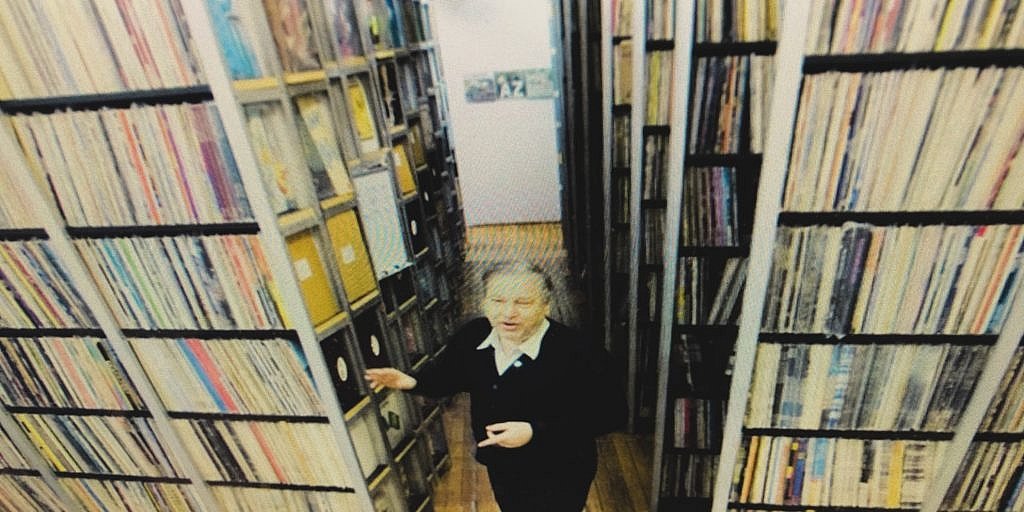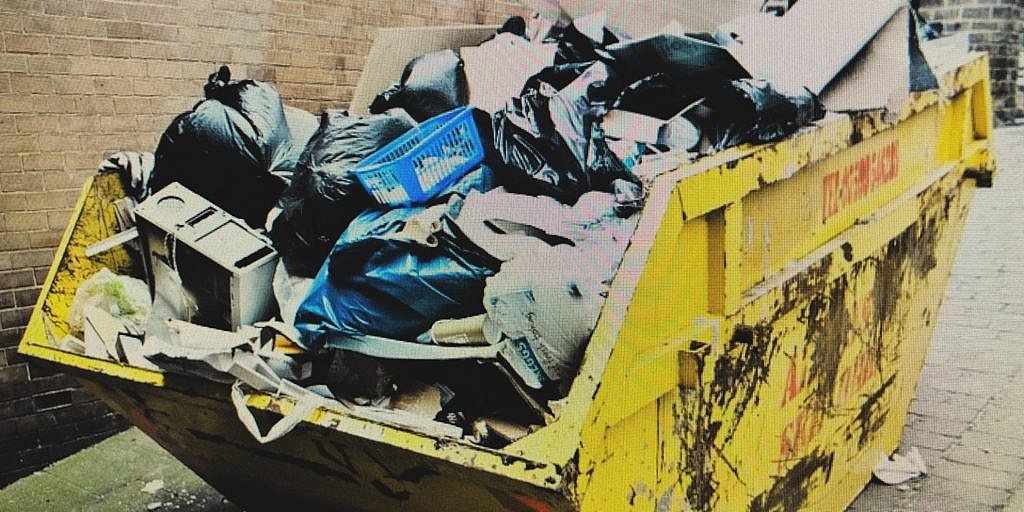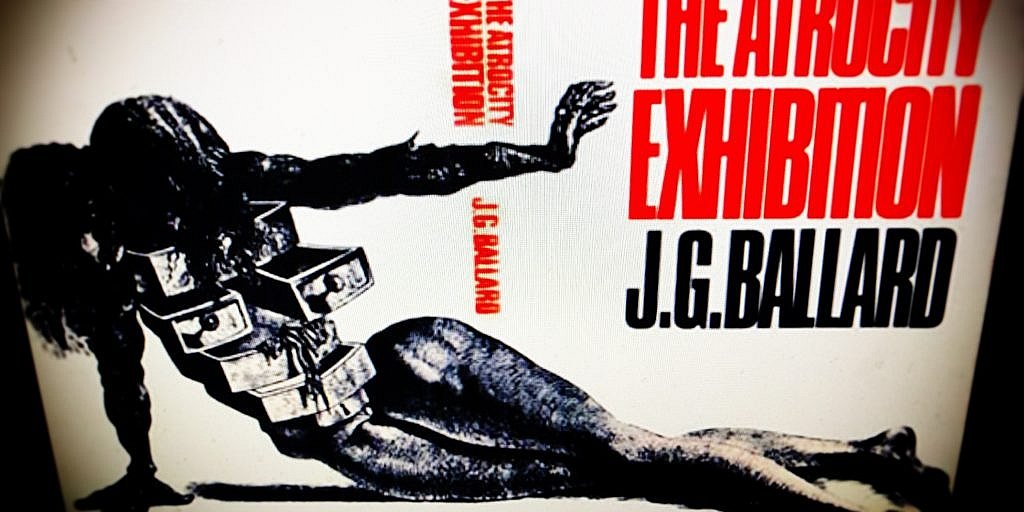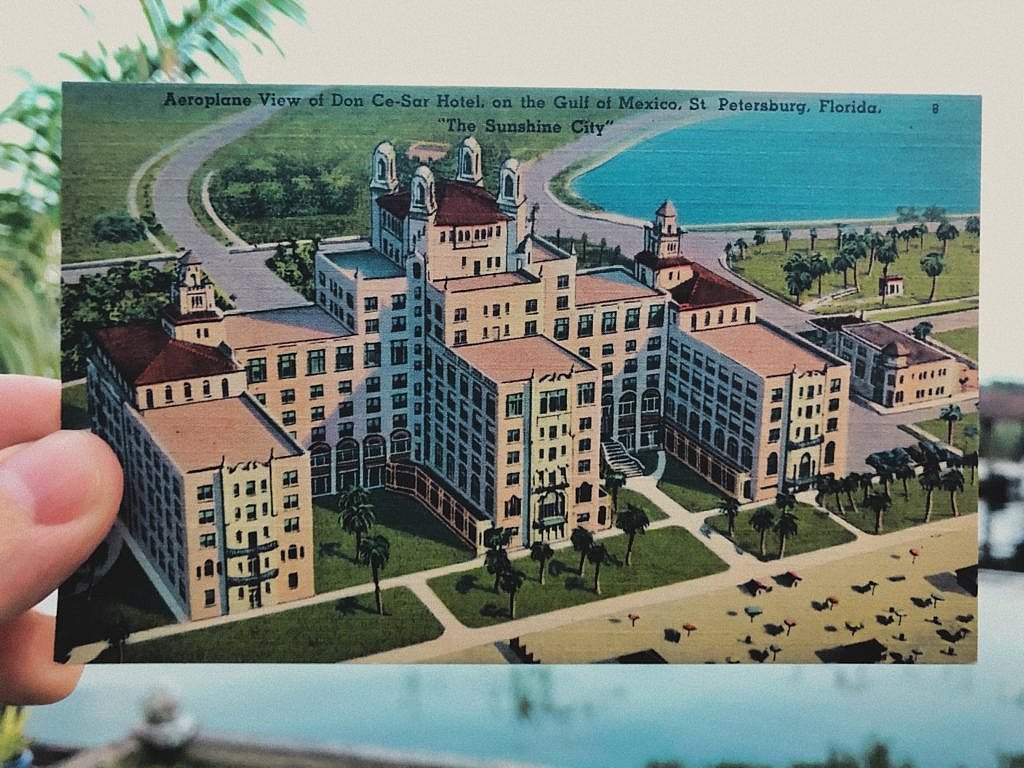
Richard Morgan in Rolling Stone:
The [Archive of Contemporary Music] is a massive private research library that has been in downtown Manhattan since 1985 … […] Far from the kind of crackpot hoarding that sometimes happens in cities, George’s archive has been supported by powerhouses in music and entertainment. It houses Keith Richards’ blues collection. Their current board is varied enough to include both Youssou N’Dour and Paul Simon (Lou Reed and David Bowie were both once members). It consulted for Tom Hanks on the making of That Thing You Do. It’s the go-to repository for album art for everything from Grammy exhibits to Taschen books.
In a quirky explainer on their site about how they are ready for an alien invasion, the archive notes: “The ARChive collects and preserves everything that’s issued, hoping to define ‘what happened’ in terms broader than those usually described by selectiveness or availability. Taste, quality, marketing, Halls of Fame, sales, starsand value are as alien to us as they are, well, to aliens.” […]
At a time when some in the city were scrubbing Keith Haring murals off subway platforms, [founder Bob] George was welcoming every genre, including then-unpopular punk and hip-hop (among the archive’s greatest collection is a trove of punk 45s). “We could make the good and goofy come alive,” he says, “because no museum or university library is going to do that. They only want things after they’ve gotten valuable. It’s a small view of value. We see things differently. We see the value in everything.”
I almost wrote that The ARChive is like a musical version of the Internet Archive’s Wayback Machine. Then I caught myself, realizing the absurdity of instinctively going to an internet-related analogy to describe something classic and rooted in our physical history. That may underlie the problem here — that we devalue the importance of a permanent IRL archive of our artistic triumphs now that the online world seems ubiquitous and deceivingly tangible.
And that problem? The ARChive is in danger of losing the space it has occupied since 1985 due to dramatic rent increases in its TriBeCa (NYC) home. This important collection of music (over three million recordings, whoa), and a building modified and renovated to house the vintage media safely can’t just pick up and find another home, especially in the city. So Bob George and friends of The ARChive are asking for help from music lovers worldwide, via a GoFundMe campaign.
From the GoFundMe page:
Our Independence is important to us. We operate without any City, State or Federal funds. We cherish the ability to work on projects of choice and free from restrictions or the dependence on governmental/taxpayer support. Our once affordable rent on White Street has skyrocketed to $21,000 a month, making it increasingly difficult for a pure research organization to survive in Lower Manhattan. Our home is in New York and we would love to stay here.
Independent historical archives like these are becoming ever important in our digital world, as emphasized by some recent mishaps and decisions of corporate content overseers. We exist in that tricky time-space when physical artifacts are still a part of our lives, but digital replicas are slowly taking over. On a personal scale, I think it’s fine to eschew material collections for digital ones if that’s your inclination. But that can fool us into forgetting that an archive like The ARChive is a cultural necessity, just like that seed vault in Norway is essential. If the digital replicas are lost — which could happen — then it’s institutions like The ARChive that help us relocate our scattered artistic history.
Donate to the Archive of Contemporary Music’s GoFundMe campaign, even if just a little bit. I did. And h/t to Eric Johnson (DJ Bunny Ears) for alerting me to The ARChive’s plight.
🔗→ Rebuilding the ARC: America’s Largest Music Collection Needs Your Help
🔗→ Rebuilding the ARC




